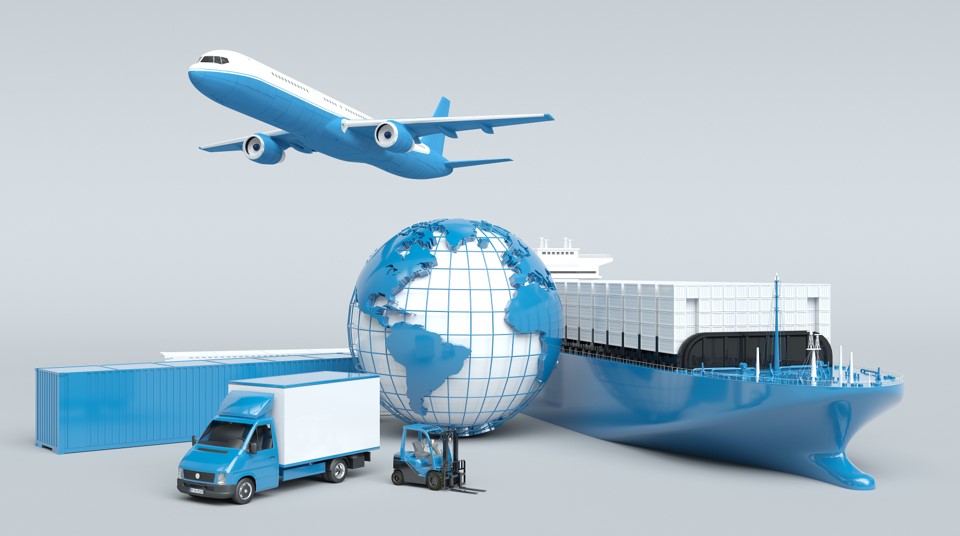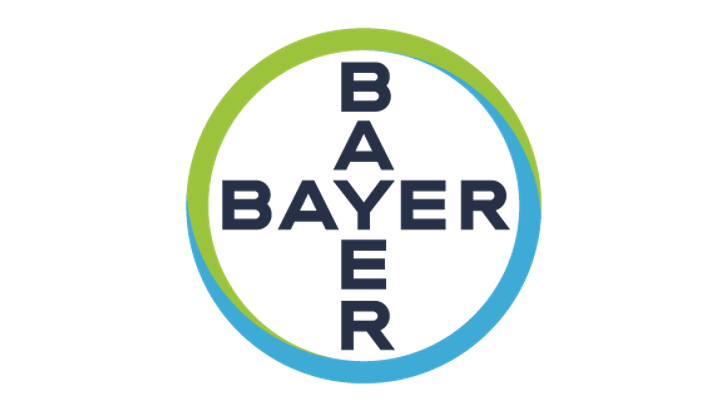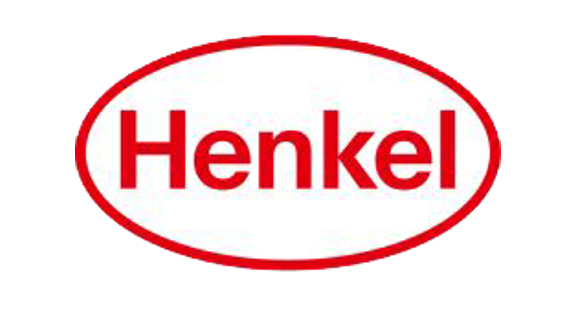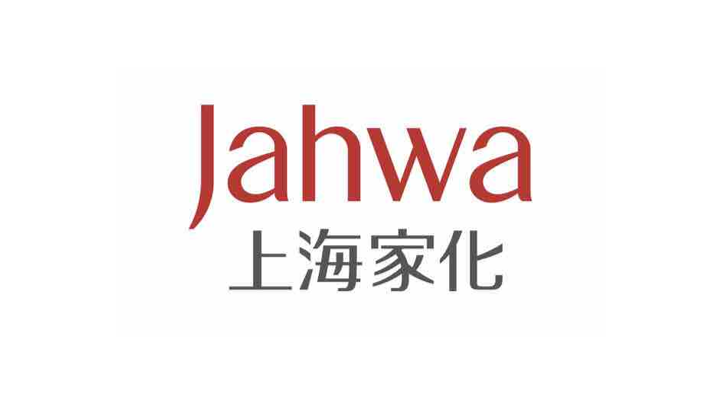Company Overview
The company's main businesses are distributed in the fields of energy, chemicals, real estate, finance, and others. It is one of the world's leading comprehensive chemical product service providers. As a comprehensive multinational enterprise based on market competition, it is also one of the earliest international companies to be included in the Fortune Global 500 list.
Project Needs
The chemical industry is highly informatized and automated, requiring the adoption of advanced technological means to improve production efficiency and management levels.
During the production and sales process, the enterprise needs to conduct real-time tracking and management of raw materials, semi-finished products, finished products, and others to ensure a standardized production process and stable product quality. Traditional manual recording and management methods have issues such as inaccurate information and low efficiency, necessitating the application of an efficient and accurate automated management system.
Innovative Solution

RFID technology, as a radio-frequency identification (RFID) system, enables automatic identification and tracking of products, providing a brand-new solution for production management in the chemical industry.

RFID Integration for Bag Manufacturers:
Attaching RFID Tags to Product Packaging
Automatic Identification in the Filling Area:
During the production process, by deploying collection devices on each production line, RFID tag information is captured and linked to product and production information, forming an association with the pallet packaging.
Inspection and Counting in the Shipping Area:
Using fixed RFID antennas for reading, screens can display corresponding data in real-time.
Warehouse and Distribution Channels:
RFID terminal devices are used to batch collect box labels, associating them with business documents, enabling precise product management and improving the efficiency and accuracy of production management.
Project Application Effects
The integration of RFID technology with networks and information systems for data collection aims to enhance the efficiency of information integration and transmission, effectively identify products, integrate dispersed information, and thus meet traceability requirements.
During the production phase, information such as product names is stored in RFID tags, and RFID tags are used to record product information and the production process. After upgrading the RFID system, the recognition rate can be increased to 99%.
During the transportation and storage stages, fixed readers are installed at the entrance and exit of the warehouse to automatically record the entry and exit of products. When products are leaving the warehouse, priority can be given to those with longer storage times to avoid economic losses. Additionally, RFID technology enables rapid inventory checks in the warehouse, helping management personnel keep track of inventory status at any time.
When products require optimization or upgrades, since information about the production, processing, transportation, storage, and sales of the products is stored in RFID tags, the entire process can be traced back based on the RFID tag content to determine the specific links and products that require optimization or upgrades.

















